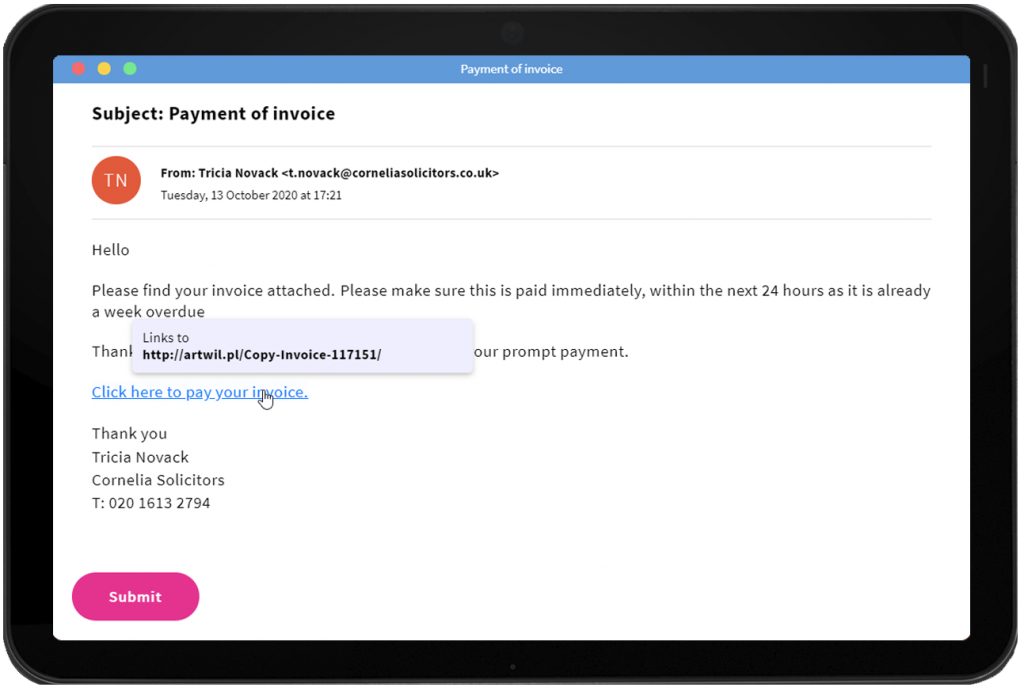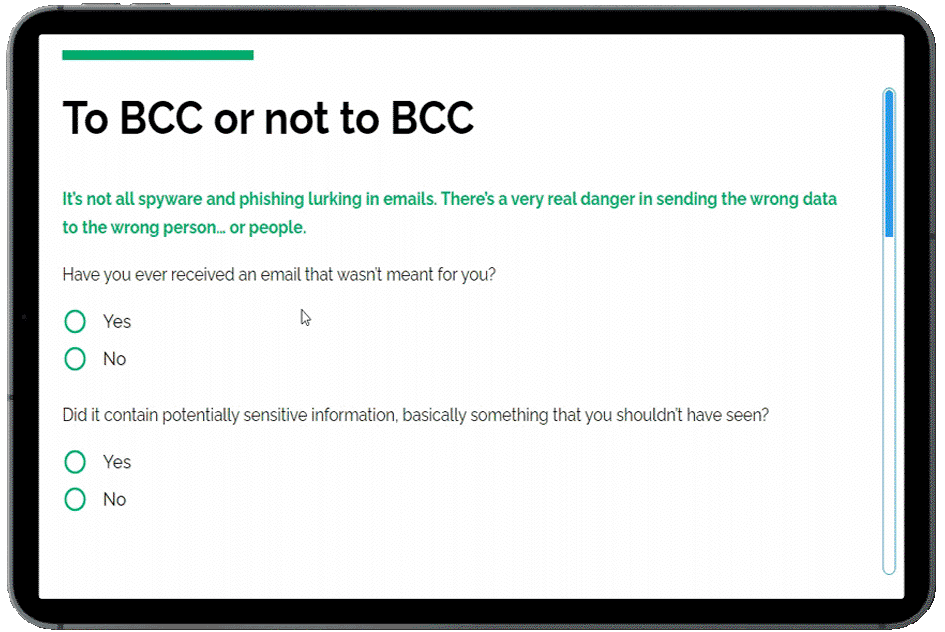DAC6 is a European directive aimed at reducing international tax evasion and promoting transparency. It requires “intermediaries” to report some aggressive cross-border tax arrangements.
What do hedge funds need to know about DAC6?
Hedge funds are exposed to DAC6 compliance concerns on multiple fronts. Both in fundraising activities and while making investments, hedge funds could be considered intermediaries in tax arrangements. The video below explains:
- What hedge funds need to know about DAC6
- Potential DAC6 exposure points for hedge funds
- Tips for hedge funds to remain compliant
DAC6 compliance for hedge funds with VinciWorks
VinciWorks’ DAC6 reporting solution provides hedge funds with the expertise, knowledge and technical infrastructure to comply with the Directive in every EU jurisdiction. The tool uses a built-in knowledge engine to guide users through the DAC6 process and recommends which transactions should be reported. It features workflows designed and updated for the intricacies of each EU member state’s implementation of DAC6.








